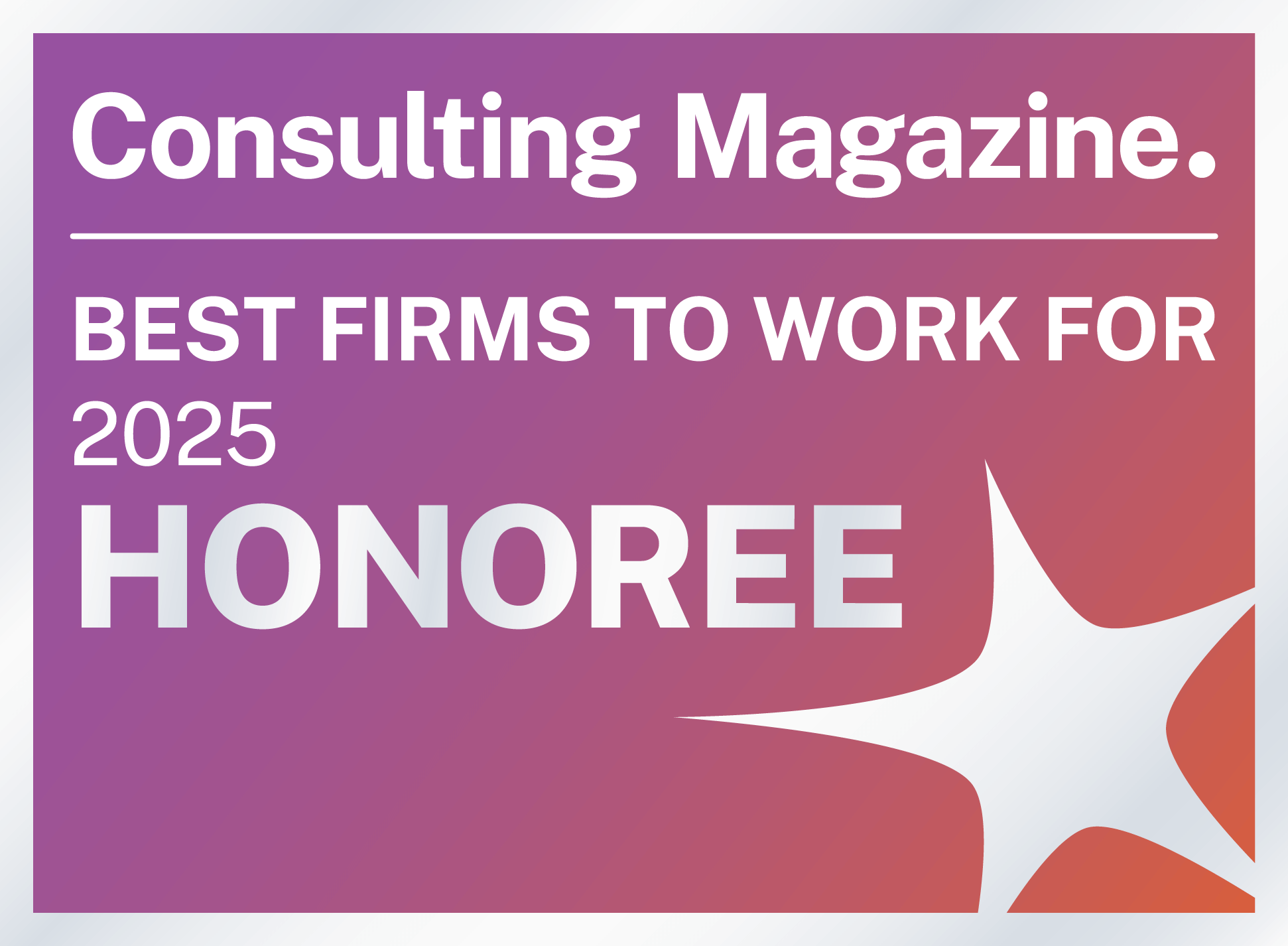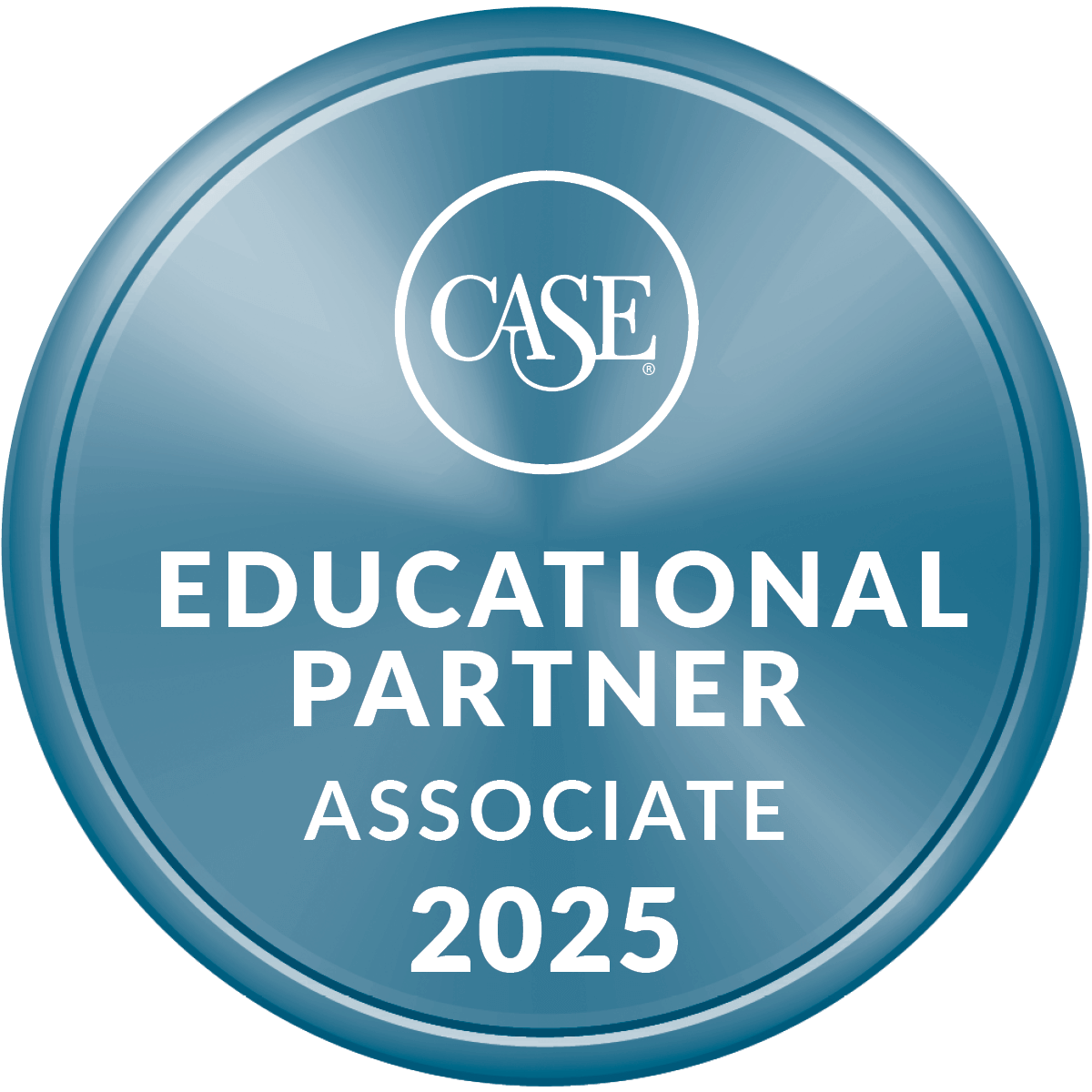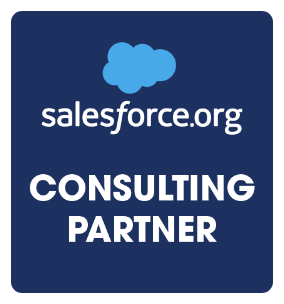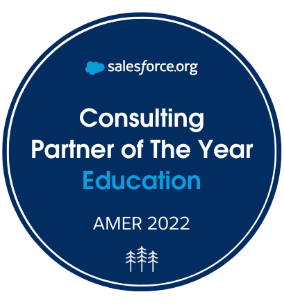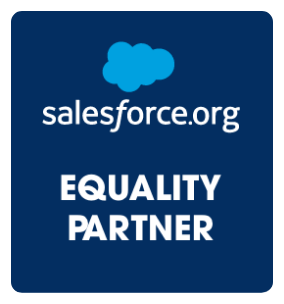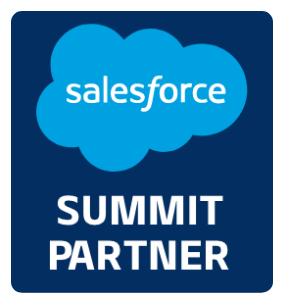
Training the Next Generation of Research Administrators with Attain Partners
Attain Partners’ research administration experts have decades of experience in the field, direct experience working in education, and a successful track record of serving the nation’s top colleges and universities. We now offer in-depth, sponsor-based research administration training tailored to the needs of your institution. We will work with your team to develop a program that meets your needs and allows your institution’s research administration operations to get up to speed.
Learn how Attain Partners works with clients to get new research administration staff up to speed and refresh the knowledge of existing staff by conducting onsite, sponsor-specific training.
Staffing Challenges in Research Administration
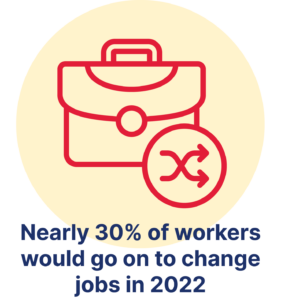
Since 2020, in what has come to be known as The Great Resignation, the US has seen unprecedented changes to its workforce, with large numbers of employees leaving their jobs for new opportunities. According to the Pew Research Center, between January and March of 2022, about four million workers switched jobs each month, a trend that predicted nearly 30% of workers would go on to change jobs in 2022.
Higher education and research administration specifically have not been immune to this level of turnover. One look at the RESADM Listserv or any higher education job board will show hundreds of job openings available at any given time. Additionally, there has been a move toward remote work in the field, increasing the number of positions that candidates are eligible for without relocating.
While this number of job openings can be great for experienced research administrators looking to grow in their careers, it has made hiring and staffing sponsored programs offices more difficult for institutions.
Leveraging Transferable Skills to Fill Gaps
Even with the expansion of remote work widening the pool of candidates, it is not easy to find experienced research administrators to fill open roles. According to the 2022 Research Administration as a Profession (RAAP3) survey, 76.5% of research administrators have fewer than five years of experience.
While it has always been true that most people do not enter research administration as an intended career, many more positions are being filled with hires from other areas of higher education or with transferrable skills from other fields. These new hires enter positions with no direct experience in the field but are selected for their ability to leverage skills from different areas of higher education, nonprofits, or accounting fields. Unfortunately, even when a new hire has transferable skills, it can take a lot of time and effort to train a new research administrator to the necessary level so that they can function independently.
Training is Essential for Research Administrators
In part because of the varied paths to this career, research administrators must undergo a great deal of specialized training to be successful in the field. For institutions without dedicated research administration training programs, this can be a challenge, especially with the unprecedented turnover the field is experiencing today.
When positions remain empty, staff are often responsible for covering the workload of empty positions. Workloads get heavier, and to-do lists build up. It can be hard to find time during an already overcommitted research administrator’s day to train a new hire adequately. Additionally, sponsor requirements are ever-changing, so even experienced research administrators can fall behind without regular updates.
Beyond training new hires, learning and development are crucial for retaining your current employees. According to a report released by TalentLMS, 38% of employees wish companies would offer more training that aligns with job responsibilities, while 55% say that they require more training to improve their on-the-job performance. Additionally, 76% of workers say that continuous training is a positive factor when deciding whether or not to stay with their current employer. (Perna, 2022)
Addressing Gaps in Research Administration Knowledge with Sponsor-Specific Training
Attain Partners works with clients looking to utilize outside resources to train staff as they face many of the challenges we have discussed. For one of our clients, vacant positions, plus the stresses of a growing portfolio, meant that current staff had little time to devote to training new hires while keeping the office running. Another client utilized training during an organizational restructuring to ensure that all staff had baseline knowledge to be successful in their new roles.
Between these two engagements, Attain Partners developed a sponsor-focused training program that covers pre-award and non-financial post-award requirements for many of the federal sponsors that Universities interact with often: the National Science Foundation (NSF), the National Institutes of Health (NIH), and the Department of Education (DoEd). Additional pre-award modules are available for the Department of Defense (DoD), the Department of Energy (DoE), and the National Aeronautics and Space Administration (NASA).
Attain Partners developed a sponsor-focused training program that covers pre-award and non-financial post-award requirements for many of the federal sponsors that Universities interact with often: the National Science Foundation (NSF), the National Institutes of Health (NIH), and the Department of Education (DoEd).
The training started with a deep dive into how to read a solicitation, identify important information, and create a checklist of items needed for proposal submissions. The group looked at solicitations from several sponsors and got hands-on experience navigating the different formats and levels of detail provided by each agency. This was followed up by a session focused on creating and reviewing sponsored program budgets. Staff were given detailed case studies that walked them through common areas of concern during the budget development process, such as calculating faculty effort and cost share, and requesting additional information or clarification from principal investigators.
The remaining sessions were focused on individual sponsors selected by each client to align with the major funding agencies in their portfolios.
For pre-award activities, the courses covered a review of sponsor guidelines, administrative requirements, budgeting, submission systems, and common errors. On the non-financial post-award side, the sessions addressed reading award notices, prior approval guidelines, reporting, and how to process items like no-cost extension requests and modifications. Each session involved hands-on activities and case studies so that staff could put the knowledge they gained to use and work as a team to solve problems. Activities included solicitation reviews, budget development, filling out sponsor forms, reviewing successful proposals compared to the requirements of a solicitation, reviewing award notices, and case studies addressing common areas of concern.
Attain Partners also provided job aids and checklist templates to help the participants incorporate what they learned in training into their everyday operations. As an outcome of our training, staff members are prepared to review RFPs, create checklists, submit error-free proposals to any sponsor, and efficiently set up and manage new awards.
Let Attain Partners Train Your Team of Research Administrators
These experiences highlights the value of partnering with Attain Partners to address the challenges associated with training new research administration staff. By engaging in sponsor-specific training delivered in focused sessions, our client was able to equip its staff with the necessary knowledge and skills to navigate the intricacies of various sponsors’ guidelines and requirements. The hands-on approach to training, coupled with practical case studies and job aids, enabled the staff to apply their newly acquired knowledge effectively in their day-to-day operations.
By investing in comprehensive training programs, institutions can better equip their staff to handle sponsor-specific requirements, reduce errors in proposal submissions, and improve overall efficiency in managing sponsored programs. As the research administration workforce continues to evolve, it is essential for institutions to prioritize the development and training of the next generation of research administrators.
Learn More
Continuing education and training are vital to ensuring that your research administration operations are functioning efficiently and effectively. For more information on how Attain Partners can help your institution with your training needs, chat with our experts directly here.
About the Author

Kathleen Halley-Octa is a Manager within the Attain Research practice of Attain Partners. Kathleen is an experienced research administrator who specializes in pre-award administration, training development, and eRA system implementation. Prior to joining Attain, Kathleen served as the Director of the Office of Research & Sponsored Projects for the College of Education & Human Development at Georgia State University, where she oversaw both pre- and post-award operations for the college’s research portfolio. While at GSU, she co-founded the Access to Careers in Research Administration Program, a cohort-based research administration training program for graduate students wishing to prepare for careers in research administration. Previously, she also worked as a departmental administrator in the George W. Woodruff School of Mechanical Engineering at the Georgia Institute of Technology and later ran Georgia Tech’s Research Admin Training Program. She has been an active member of NCURA since 2011 and has presented at both regional and national conferences.
Citations
Kochhar, R., Parker, K., & Igielnik, R. (2022, July 28). Majority of U.S. Workers Changing Jobs Are Seeing Real Wage Gains. Pew Research Center. https://www.pewresearch.org/social-trends/2022/07/28/majority-of-u-s-workers-changing-jobs-are-seeing-real-wage-gains/
Kerridge, S., Dutta, M., Fischer, M., & Oliveira, C. I. (2023). RAAAP-3 HIBARMA Main Dataset (Version 1). figshare. https://doi.org/10.6084/m9.figshare.21120058.v1
Perna, M. C. (2022, October 12). Why Learning and Development is Now a Competitive Differentiator. Forbes. https://www.forbes.com/sites/markcperna/2022/04/12/why-learning–development-is-now-a-competitive-differentiator-and-how-to-get-on-board/?sh=1bedb55b30ff

Be the First to Know
Subscribe to our monthly Pulse newsletter
to be the first to hear about new blog posts







